When I started training to become a coach, one of the things we needed to do was to practice coaching skills. So how did we do it? We coached each other constantly! We practiced coaching in school and outside of school; we practiced as much as we could.
One of the things that I couldn’t stand when my coach-student-friends started their coaching session with me was when they would say: “Ok! Let’s take a BIIIIIG breath!”
Since many of the coaching sessions outside of school were through the phone, I used to roll my eyes and let my coach friends take their big breath and just wait for it to be over!
Few years after, I was already a certified coach and a few of us coaches re-grouped to practice our coaching skills and give feedback to each other for the sake of our own growth as coaches. It was great! But then they started with the breathing and I told them in my very Israeli-direct way that “I am not a breather!” Everyone laughed and we had a great conversation about breathing with clients. Yes, I know “breather” is not a real word, but it just meant for me that I don’t enjoy taking a deep breath during coaching sessions when my coach decides for me it is time!. I felt that I am just not a breather. If you want me to take a big breath, please ask me if I feel like it! Don’t make me do it!
But you know, life gets in your face and one morning when I opened the refrigerator (you know, that thing that you do when you work from home) I realized that I was not breathing. That’s right! I was pressing my lips together really hard and was holding my breath as if I was about to dive into a pool.
I must say that I became very curious about what I had just realized in my own kitchen, but rather than judging my behavior of not breathing, I became curious and started observing myself. The more I observed myself the more I was amused with what I was doing. Weirdly enough I had realized that “being” in an entrepreneurial “I am procrastinating” state made my thoughts kept me from breathing!
I closed the refrigerator and took a big breath. It was a choice, a choice to shift from where I was to a new state.
You know, that moment when I decided to close the refrigerator door (don’t worry – I probably did grab something out of it before I closed the door) was a big moment for me. It was the first time I had realized that breathing is choosing.
What?
You see, a few days after, I found myself lecturing my 3 kids, again, during dinner time. So in the middle of the same blah, blah, blah, that I used to say every night (and my kids wouldn’t pay attention to) I paused and took a big breath. That moment of choosing to pause and take a big breath made me stop lecturing them and sit still and quiet.
Everyone was waiting on me to keep going, but I just stopped, I knew that there was no added value to what I was going to say, it was more of a need for me than an added value for everyone else. I just did it because this is what I do every night and then regret. So taking that big breath was for me a moment of choice.
Since then, breathing for me is a choice. When I am “not breathing” I know my body is sending me signals that I am not choosing my next step. It is a signal that I need to shift. It is a moment to ask myself: what do you need to shift right now in this moment? I can still choose to stay where I am – stuck! But it will be from a resonate place of choice, not from being a victim of my own thoughts.
I work with many clients who talk so fast that they can’t even catch their breath. Their work-life is so full that they can’t even pause the long list in their head and take a moment to breathe.
So no, I don’t make them breathe. I still think that your coach should ask for your permission to take a big breath together, but what I do is ask my clients is to notice how fast they are speaking, how short their breath is, and get curious about what’s going on.
Ask yourself, what makes you talk so fast that you can’t even catch your breath? What makes you hold on your breath so that it feels like you are about to dive into a pool? What makes you stop and take that big breath that everyone in the range of 5 miles away from you can hear? What are the signals that your body is sending you?



